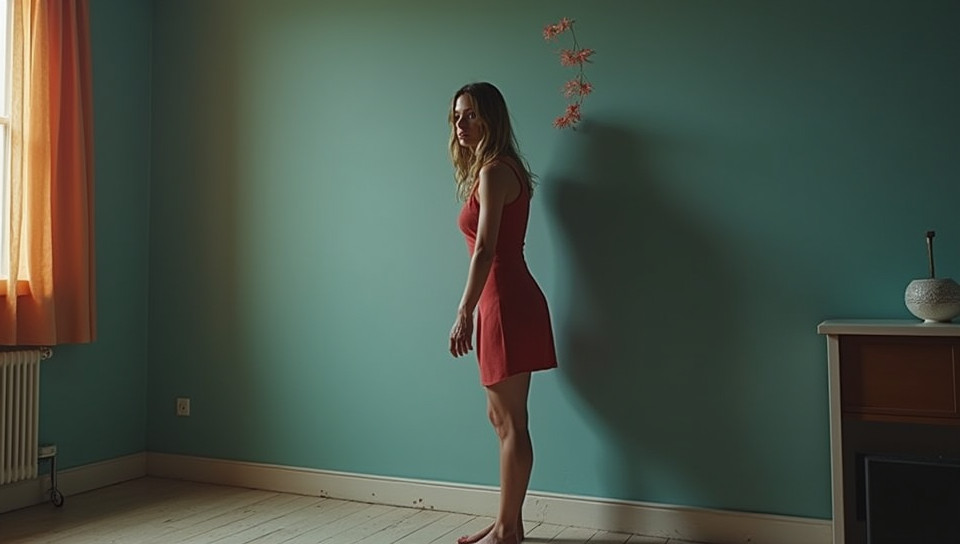Lack of body representation in media perpetuates exclusion feelings 77%

The Invisible Body: How Lack of Representation Perpetuates Exclusion
Imagine being a child, scrolling through TV channels or flipping through magazines, and seeing no one who looks like you. No one who shares your body type, skin tone, or disability. It's a feeling that's both disheartening and isolating, making you wonder if you're the only one in the world who looks this way. This is the reality for many people who don't see themselves represented in media.
The Problem of Underrepresentation
Media has long been criticized for its lack of diversity, but the issue goes beyond just ethnic or racial representation. The absence of body types that are not traditionally considered "attractive" or able-bodied contributes to a culture of exclusion. When we're constantly bombarded with images and stories that don't reflect our own experiences, it's no wonder that many people feel like they don't belong.
The Impact on Mental Health
Research has shown that exposure to media representations can affect self-esteem and body image. For individuals who are already marginalized or excluded from society, this can be particularly damaging. The lack of representation in media perpetuates negative stereotypes and reinforces the idea that certain bodies are less worthy than others.
- Negative effects of underrepresentation:
- Low self-esteem
- Body dissatisfaction
- Anxiety
- Depression
Breaking Down Barriers
So, what can we do to change this? The answer lies in creating more inclusive media. This means showcasing a diverse range of body types, abilities, and identities. It's not just about representation; it's about providing opportunities for people from all walks of life to see themselves in the stories they consume.
A More Inclusive Future
It's time for media to reflect the world we live in – a world that's complex, diverse, and vibrant. By breaking down barriers and challenging traditional notions of beauty, we can create a more inclusive environment where everyone feels seen and valued. Only then will we be able to truly say that we're living in a world that celebrates all bodies.
Conclusion
The lack of body representation in media is a symptom of a larger issue – one that perpetuates exclusion and reinforces negative stereotypes. But it's not too late to make a change. By demanding more inclusive storytelling, we can create a culture that values diversity and promotes self-acceptance. The future of media should be bright, vibrant, and representative of all bodies. It's time for us to shine.
- Created by: William Rogers
- Created at: Sept. 8, 2024, 8:09 p.m.
- ID: 8845








